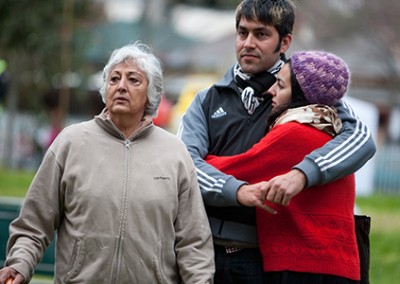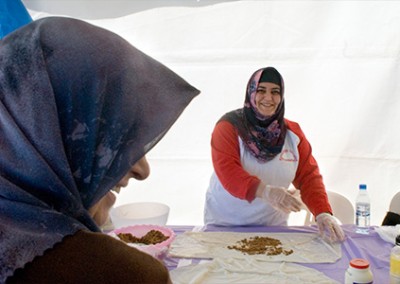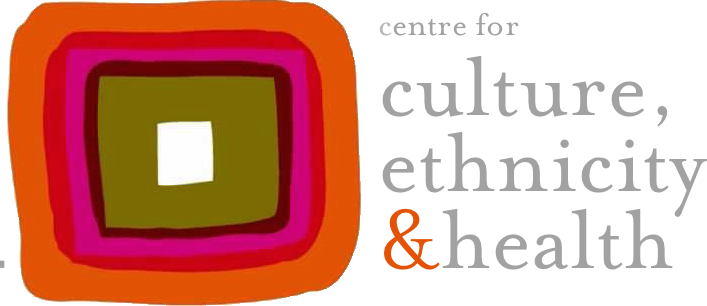2000 - 2005 Highlights

2000 – Finding and filling the gaps: the health and welfare needs of refugees
How do service providers identify and prioritise the health and welfare needs of refugees and humanitarian entrants? The overall aim of this project is to determine how the health and welfare needs of refugees are being assessed and addresses by service providers and to accurately locate and describe unmet needs ...
Read More
Read More

2000 – Our first training calendar
CEH developed and conducted its first training calendar in 2000. The calendar incorporated a series of diversity training workshops relevant to health and welfare professionals and allied staff ...
Read More
Read More

2000 – Our mission
Enhance, develop and support the capacity of Victoria’s health care agencies to provide high quality services to a culturally and linguistically diverse community ...
Read More
Read More

2000 – Our vision
To contribute towards the improvement of health outcomes for culturally and linguistically diverse communities through the development of partnerships with organisations, communities and individuals. ‘When you walk down the corridor that leads to CEH you often hear the sounds of laughter. Given the recent discussions in the media about the ...
Read More
Read More

2000 – Refugee and asylum seekers: health and welfare
The Autumn seminar series focused on health and welfare for refugees and asylum seekers, both in an international and local context. Speakers discussed a range of issues including international public health issues and refugees, access to health services for asylum seekers, medical reports required to support refugee applications, detention, refugee ...
Read More
Read More

2003 – Achievements in training
It has been a busy year for the CEH Education & Training Program. In total, CEH has trained over 800 staff in both our calendar and organisational training programs in 2003. We have delivered training in community and primary health centres, hospitals, local government and health organisations with participants ranging ...
Read More
Read More

2003 – Multiculturalism’s impact on the health sector
Victoria's health system in the 1990s saw a transition to a liberal type of multiculturalism that meant Government acknowledged diversity and the value of cultural maintenance through the development of the Health Services and Ethnic Communities report in 1991. Arising from this report were the guidelines for health services providers Working ...
Read More
Read More

2004 – Achievements in training
Delivered 13 workshops to 295 participants in 2004 - 2005. CEH delivered tailored training to more than 400 participants, 45% of whom were in rural and regional locations ...
Read More
Read More

2004 – Project: Good practice in language services
This initiative explored and promoted good practice in health service planning and provision that supports the health and wellbeing of Victoria’s culturally and linguistically diverse communities. Part of this initiative was the Language Services Project which collected examples of good practice from the health and local government sector. In 2014, ...
Read More
Read More

2004 – Addressing diversity in Victoria
With almost a quarter of the population born overseas (speaking over 180 languages) in Victoria, consumer participation strategies need to recognise and address this diversity. Whilst there is a growing focus in the sector on consumer participation strategies, there is still a gap when it comes to facilitating participation from ...
Read More
Read More

2005 – Introducing the Multicultural Gambler’s Help Program
The Victorian Multicultural Gambler’s Help Program (VMGHP) was established to support and strengthen the capacity of Gambler’s Help (GH) services to provide responsive, accessible and culturally appropriate services to CALD clients and communities. The Program achieves this by: Building partnerships and fostering links between GH and ethno–specific and multicultural service ...
Read More
Read More

2005 – Our mission
To build the capacity of Victorian health service providers to effectively meet the needs of clients and communities from culturally and linguistically diverse backgrounds ...
Read More
Read More
